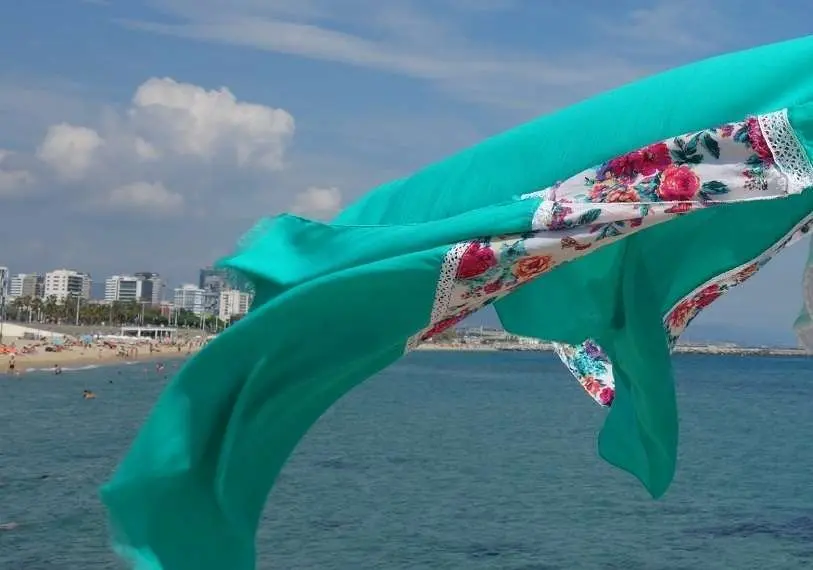Saving Mediterranean textiles

The Mediterranean textile sector has suffered losses in the millions and company closures due to the COVID-19 pandemic. In an exemplary manner, some companies have redirected their production to meet the health crisis, but the fall in demand affects all countries in the region, where the textile sector is very important for local economies.
Faced with this exceptional situation, the sector must rethink its market position and invest in sustainability. Textiles is a key industry that employs millions of workers and can generate a large number of jobs. The Mediterranean can compete with any region in the world in terms of speed of communications, logistics, infrastructure, skilled labour, access to new and high quality textile materials, creativity and talent for production.
The manufacture of masks in the region was a breath of fresh air that helped reduce the impact of the coronavirus and demonstrated the imagination and inventiveness specific to the textile sector. Now, a real recovery plan is needed and measures must be taken to save the sector and restart it in this context of crisis. A new model of development, strengthened, that implies a productive model more sustainable with the environment and society, and modernized by the available technologies.
The textile sector, one of the most important industries in the world, is an industry valued at 2,500 million dollars and employs more than 60 million workers throughout the production chain, being a true engine of development for the Mediterranean region.
It is obvious that the Mediterranean textile industry should also redesign its social and environmental footprint. And take into account natural resources, problems of pollution, exploitation of people or animals, production and unequal distribution of its products. This is a global business worth more than a trillion dollars, but it must be reinvented.
Moreover, the fourth industrial revolution is here, already impacting the textile business through digital manufacturing technologies, additive manufacturing, 3-D printing and new computer design techniques. It is therefore time for the Mediterranean textile industry to unite to address the rapid pace of change and join the fourth revolution.
Many measures can be taken, such as enhancing the value of "Made in Mediterranean" through public-private action in media communication, or developing a label that symbolises quality, respect for the consumer and the environment.
It is also possible to take advantage of the Mediterranean's prominent position as a textile producer to strengthen the fight against smuggling and under-invoicing of imports. Promote regional textile consumption and investment. Promote sustainable partnerships between retailers and manufacturers with a reorganisation of production based on flexibility, speed and 'nearshoring'. In addition, workers in supply chains must be protected and the lack of protection of informal workers addressed
The pandemic has reversed globalisation, raising awareness of the importance of regional supply chains, which are shorter and simpler and therefore more efficient, and taking advantage of local labour and boosting innovation and the development of new technologies.
The return to the region of a certain number of industrial activities, which promote the local Mediterranean economy, should be supported. The Mediterranean offers the ideal location as an alternative base to distant Asia, shortening logistics circuits with the European Union and reducing the carbon footprint.
The fashion industry has reinvented itself many times, it must now participate in this revolution towards sustainability, beyond the next season. There are good prospects for the area, partnerships between Mediterranean companies are being promoted to better compete on the international market, and platforms are being created to promote and attract investment to the region.
Now is the time for creative people who are passionate about new values in fashion, design, innovation and sustainability, providing the tools and opportunities to influence decisions and create new perspectives. The Mediterranean textile sector must certainly explore the potential of collaboration.
The textile and clothing industry has long dominated trade in the Mediterranean. Today, it continues to play a major role in improving economic conditions, especially in the southern Mediterranean where the sector is of key importance.
About 40% of European trade in textiles and clothing goes to the Mediterranean region. The vision of a bilateral development aimed at creating a fully integrated market should create a win-win situation for both sides of the Mediterranean.

